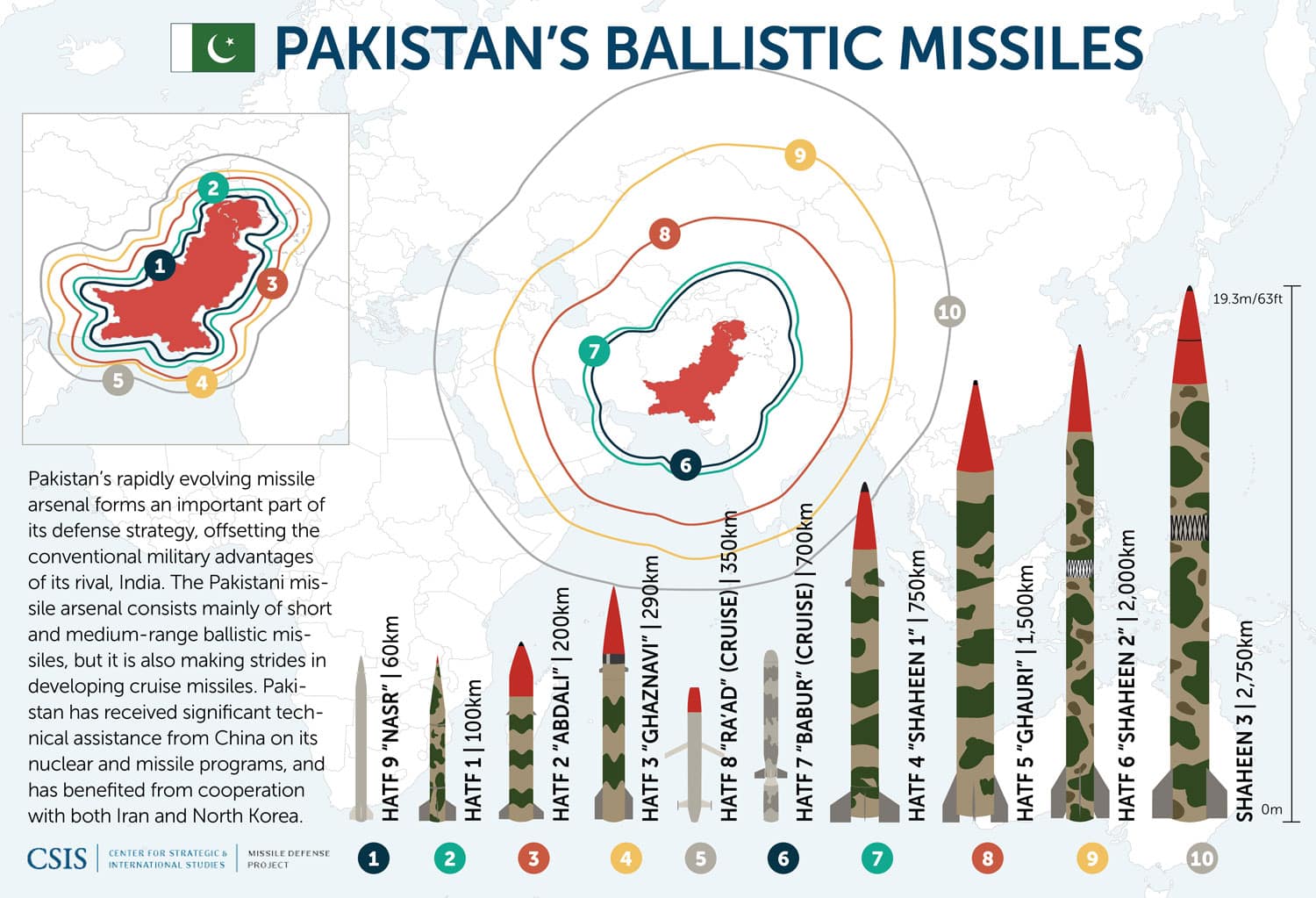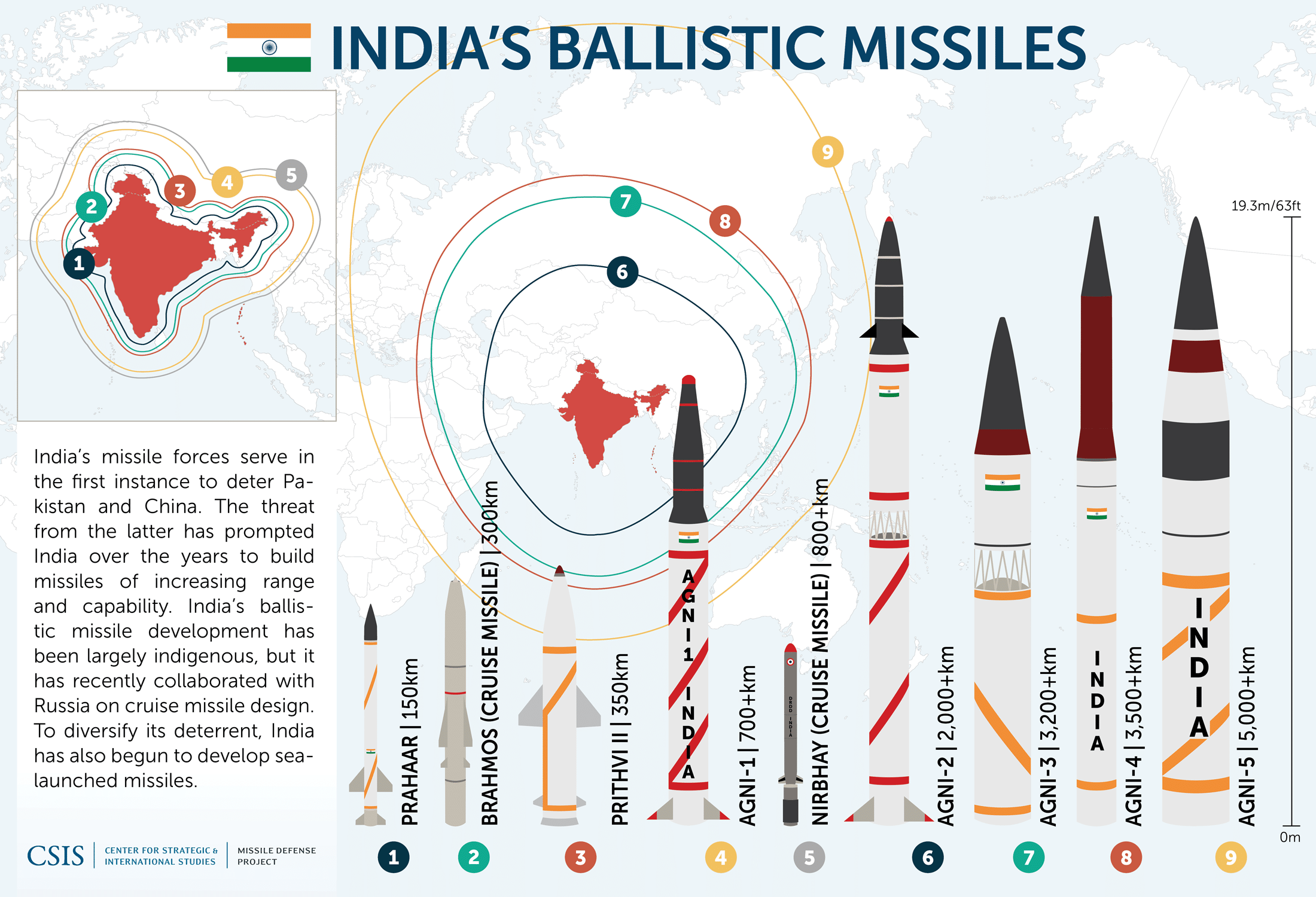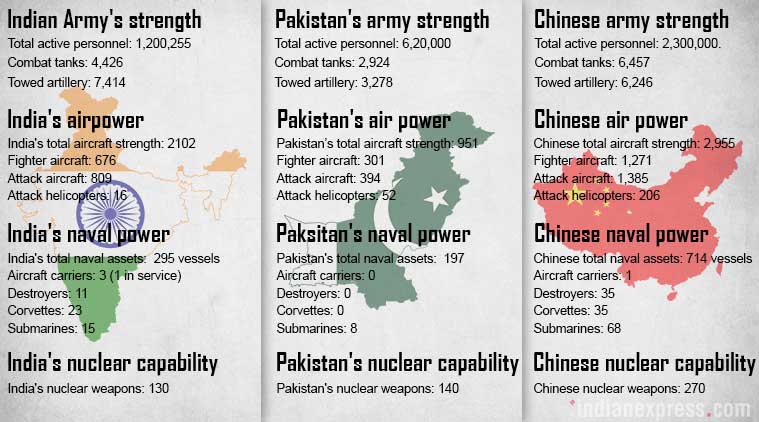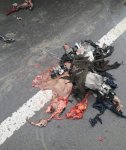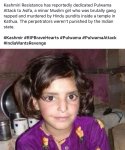Pakistani terrorists made a big mistake: Modi
Indian PM says Jaish-e-Mohammed will pay a heavy price for attack on police convoy that killed over 40
BySaikat Datta, New Delhi, February 15, 2019
A car-bomb attack in Kashmir on Thursday afternoon killed at least 44 Indian police and left many more injured. Officials said a suicide bomber drove a car laden with explosives into a bus that was part of a huge convoy of more than 2,500 police.
A Pakistan-based terror group, Jaish-e-Mohammed (JeM), claimed responsibility for the atrocity and quickly uploaded a video of the alleged suicide bomber, Indian authorities said.
There was an angry reaction to the atrocity in New Delhi, which Prime Minister Narendra Modi described as “despicable”, with fingers pointed at Pakistan. The government has withdrawn the ‘Most Favored Nation’ status accorded to its neighbor years ago and further retaliatory moves cannot be ruled out.
“I want to tell the terrorist groups and their masters that they have committed a big mistake. They have to pay a heavy price,” Indian Prime Minister Narendra Modi said after an emergency cabinet meeting. “If our neighboring country thinks that it will succeed in creating instability through such acts and conspiracies in our country, they should stop dreaming.”
Finance Minister Arun Jaitley said: “The Most Favored Nation status stands withdrawn and the Ministry of Commerce will issue the formal notification. India will make all available efforts to ensure Pakistan is isolated.”
Attacker and alleged mastermind named
Adil Ahmad Dar, a 22-year-old JeM operative has been identified as the man who carried out the attack. The JeM uploaded a video of Dar speaking about the impending attack. Indian security officials are now trying to trace the location where the video was uploaded.
But Indian security officials are zeroing in on Azhar’s elder brother Ibrahim as the key planner behind the bomb attack on Saint Valentine’s Day.They believe that this is a retaliatory attack after his 18-year-old son Usman, was killed by Indian security forces in October last year. Masood Azhar released a statement after Usman’s death vowing revenge against India. Incidentally, Ibrahim was also the lead hijacker of an Indian commercial flight in 1999, that led to Masood Azhar’s release.
Indian intelligence has long been hunting Maulana Masood Azhar, the chief of the JeM. Azhar was arrested by Indian security forces in 1994 while operating in the Kashmir Valley. In 1999, he was released in exchange for 180 passengers on board Indian Airlines flight IC 814. The flight was hijacked from Kathmandu, Nepal, and then taken to Taliban-controlled Kandahar. Azhar was one of three designated terrorists released in exchange for the hostages by the government of prime minister Atal Behari Vajpayee. One of the hijackers who used the code name “Burger” was later identified as his elder brother Ibrahim. He is also believed to be in Bhawalpur along with Masood Azhar.
Jaish-e-Mohammed has carried out a series of terror strikes since then, including one in December 2001, that almost led to war. JeM terrorists attacked India’s Parliament and the Vajpayee government mobilized the Indian army, which led to a nine-month standoff. While war did not break out between the two nuclear-armed South Asian neighbors, Pakistan’s then-president, General Pervez Musharraf, agreed to a ceasefire on the Line of Control after the US pressured him to accept India’s demand for a cessation of violence. In October 2001, the JeM was also accused of a car bomb attack on Kashmir’s local parliament that left 38 killed.
Masood Azhar has reportedly been suffering from renal failure for almost two years and was housed in a Pakistani military hospital in Rawalpindi till last year, sources in India’s security establishment told Asia Times. It is believed that he has since returned to Bhawalpur in Pakistan, but allegedly continues to depend on regular rounds of dialysis from the local military authorities. India has been pressing the UN to designate Azhar as a global terrorist, but China has vetoed such moves on three occasions since 2016.
Indian security officials posted in the Kashmir Valley have also been demanding the use of helicopters to ferry officers trapped due to inclement weather. However, Home Affairs officials have denied permission for this. Security officials on the ground told Asia Times that the lack of helicopters made them more vulnerability to attacks. “Had helicopters been made available to troops then this could perhaps have been avoided.
This is not the main cause and we do have a massive intelligence failure. But this could have probably saved lives,” a senior security official said.
The rhetoric trap
The car-bombing on Thursday is the biggest terror attack in nearly three decades. It comes at a time when India is heading into one of its most important general elections in decades. Modi heads India’s first majority government since the mid-80s. In the run-up to the 2014 election he campaigned on taking tough action against Pakistan and China.
In September 2016, a terror attack by the Pakistan-based Lashkar-e-Toiba led to the death of 19 Indian soldiers. On September 29, Indian Special Forces carried out retaliatory raids that were described as “surgical strikes”. These were trumpeted during campaigning by the ruling BJP for elections held recently in Uttar Pradesh, India’s largest state.
A fictional film based on the “surgical strikes” was released this year, leading to high rhetoric. Cabinet ministers began to use key lines from the film during parliamentary speeches and election rallies in a bid to cash in on its propaganda value. Modi was being projected as a “tough leader”, whose defeat in 2019 could “throw the country into chaos”, they claimed. However, the latest attack has undermined that propaganda and suggests the government’s policy on Kashmir is flawed (see link below).
Indeed, the last five years have seen the highest levels of violence and the highest number of security officials killed in Kashmir. Official figures submitted in Parliament earlier this month show that while 47 were killed in 2014, while the death toll last year rose to 91.
Lack of security reforms
The absence of security reforms over the last five years has been given as a key cause for the latest security lapse. Experts say the last time India undertook major reforms was after the Kargil war with Pakistan in 1999. Since then, incremental changes were made after the Mumbai terror attacks in late 2008. However, India’s key intelligence agencies, the Intelligence Bureau (IB) and the Research and Analysis Wing (RAW) have been mired in controversies. Last year, a fracas in the Central Bureau of Investigation saw a key senior intelligence official dealing with Pakistan named in a corruption complaint. However, no effort was taken by the government to either remove him or set up an inquiry.
The lack of credible special forces and special operations capabilities has also haunted the government for years. While there were reports of setting up a Special Operations Division along the lines of the US Special Operations Command, nothing substantial
came of this idea. India’s defense budget allocation this year is also the lowest since 1962, when India lost a war with China.
Meanwhile, Pakistan has officially denied any role in yesterday’s attack and must now be under pressure to take a harder line against terror groups on its soil, as many countries have spoken out against the latest atrocity. “The US condemns in the strongest terms the terrorist attack today on an Indian Central Reserve Police Force convoy in the Indian state of Jammu and Kashmir,” a State Department spokesman said in an official statement.
Link:
https://www.asiatimes.com/2019/02/article/pakistan-terror-group-claims-kashmir-car-bomb/






